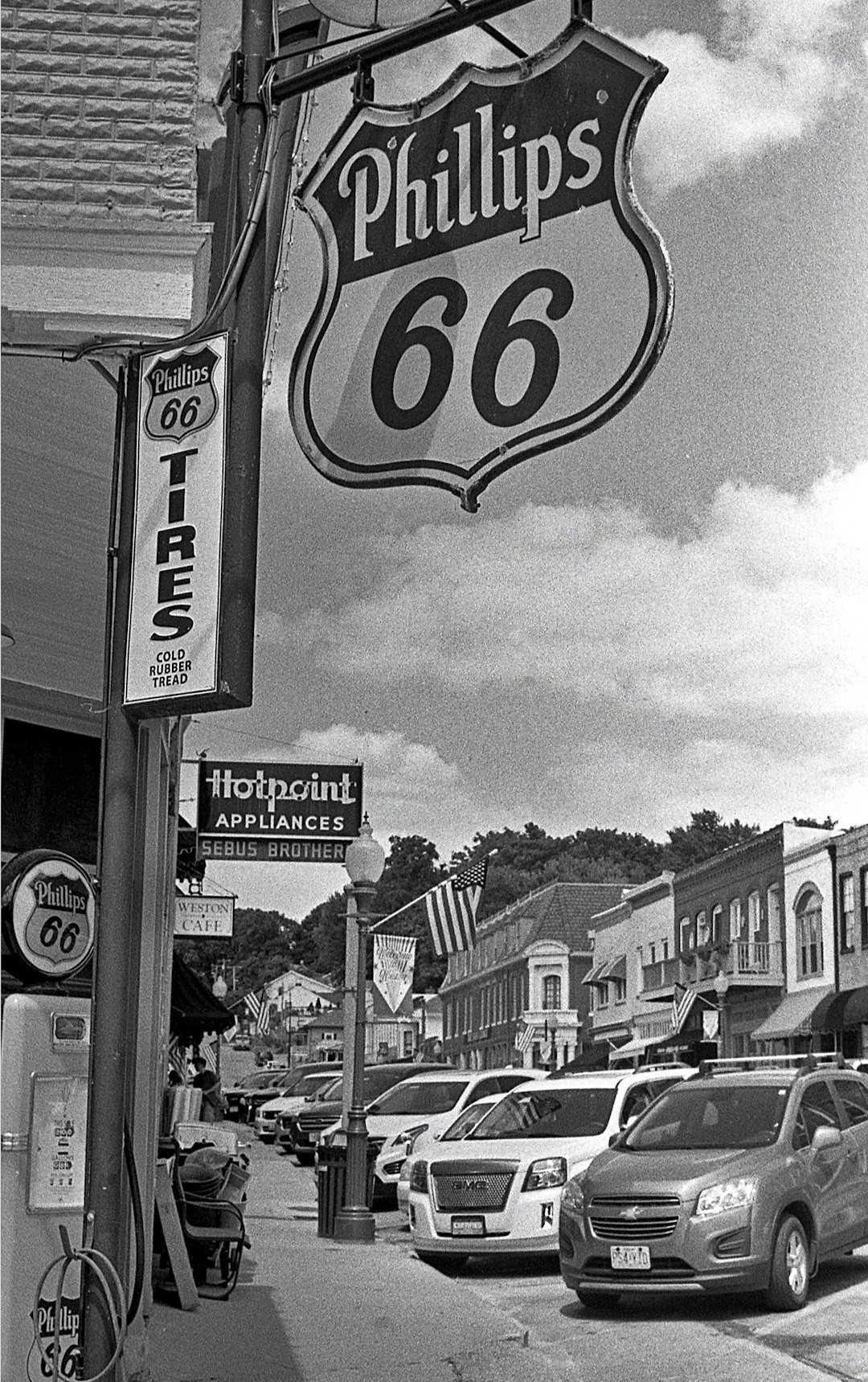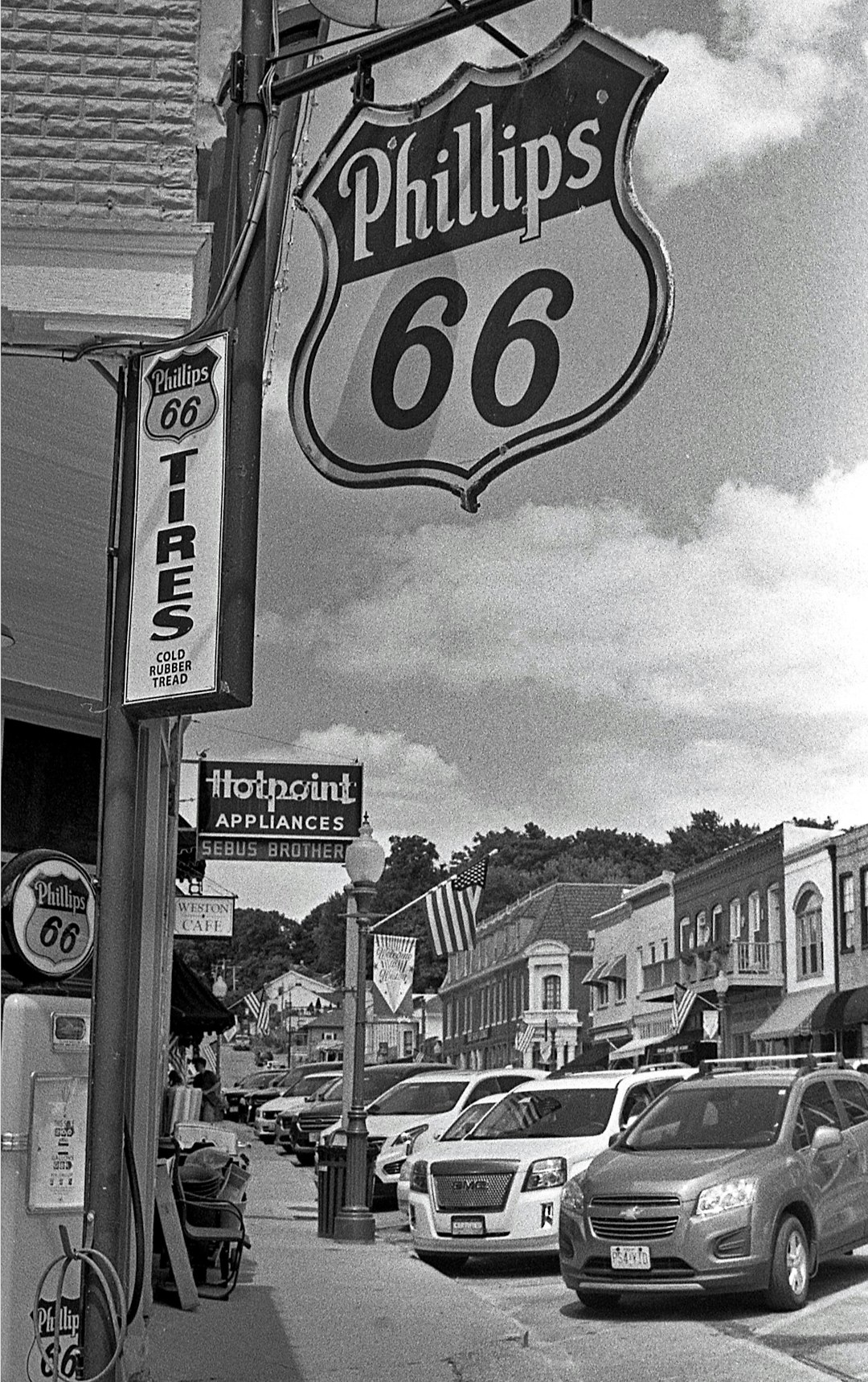Spam calls remain a significant problem in Missouri, affecting residents' lives and privacy. While federal laws like the TCPA offer protection, many still receive unwanted automated calls. To combat this, Missourians can register on the "Do Not Call" list, hire specialized lawyers, or consult law firms experienced in TCPA cases to understand and enforce their rights. This text provides a guide for creating surveys to gather data on spam call trends and public preferences for solutions, which can inform efforts to stop them. In Missouri, consulting a Spam Call law firm or lawyer specializing in TCPA cases is crucial to filing complaints and seeking damages. By taking action and staying informed about protections like the TCPA, residents can reclaim control over their phone lines and privacy.
In Missouri, spam calls remain a persistent issue, impacting residents’ daily lives. Understanding these experiences is crucial in combating this nuisance. This article guides you through the process of utilizing local surveys as a powerful tool to gather insights into spam call patterns and their effects. We’ll provide a step-by-step approach, ensuring you navigate the legal aspects, including TCPA compliance, with ease. Discover how our Missouri-based spam call law firms can assist, offering expert advice and representation to help you stop spam calls effectively.
Understanding Spam Calls and Their Impact in Missouri

In Missouri, like many other states, spam calls have become a persistent and frustrating issue for residents. These unsolicited phone calls, often advertising products or services, can be a nuisance and, in some cases, an invasion of privacy. They may also signal more serious concerns, such as identity theft or fraud attempts. According to the Telephone Consumer Protection Act (TCPA), which has federal protections and is enforced by Missouri law firms specializing in spam call lawsuits, businesses are prohibited from making automated or prerecorded calls to consumers without prior consent. Despite these laws, many residents still face relentless spam calls.
Understanding the impact of spam calls is crucial. Beyond the annoyance factor, they can disrupt daily life, cause emotional stress, and even lead to financial loss if individuals fall victim to scams. To combat this, Missouri residents have options. They can register their phone numbers on the national “Do Not Call” registry, though this isn’t always effective against spam calls. Additionally, hiring a spam call lawyer or consulting with a law firm specializing in TCPA cases can help individuals understand their rights and take legal action if necessary. By knowing how to stop spam calls Missouri, residents can reclaim control of their phone lines and enjoy more peaceful interactions.
Gathering Data through Local Surveys: A Step-by-Step Guide

Gathering data about spam call experiences through local surveys is a powerful tool for understanding the scope and impact of this issue in Missouri. Here’s a step-by-step guide to help you effectively collect and analyze this information:
1. Define Your Survey Scope: Clearly state your focus, such as “Understanding Missouri residents’ experiences with spam calls” or “Identifying effective solutions to stop spam calls in the state.” This helps keep responses relevant. Consider using a survey platform that allows for easy customization, enabling you to tailor questions to specific aspects of spam calls, like frequency, types of calls received, and desired solutions.
2. Craft Engaging Questions: Use clear and concise language. Include a mix of multiple-choice, rating scale, and open-ended questions. Some effective queries could be:
– On average, how many unwanted phone calls do you receive per week?
– What types of organizations or companies call you the most often? (Multiple selection)
– How annoying are spam calls on a scale of 1-5?
– Please describe your preferred method for stopping spam calls.
3. Distribute Your Survey: Make your survey accessible to Missouri residents through various channels: share it on social media, post it on local community forums, or collaborate with local businesses, schools, and organizations to reach a wider audience. Encourage participation by emphasizing the importance of their input in combating spam calls and potentially influencing future legislation (like TCPA regulations) through a Spam Call law firm Missouri.
4. Analyze Responses: Once you’ve gathered responses, utilize survey analysis tools to identify patterns and trends. This data will provide valuable insights into:
– The prevalence of spam calls experienced by Missouri residents.
– Common sources of spam calls in the state (helping target specific industries or practices).
– Public preferences for stopping spam calls (potentially guiding advocacy efforts by Spam call lawyers Missouri).
Legal Aspects: TCPA Compliance and Your Rights in Missouri

In Missouri, like in many other states, there are strict laws in place to protect residents from spam calls, primarily through the Telephone Consumer Protection Act (TCPA). Understanding your rights under this federal law is crucial when dealing with unwanted telemarketing calls. If you’re wondering how to stop spam calls Missouri, it’s important to know that you have legal recourse. A spam call law firm or lawyer specializing in TCPA cases can guide you through the process of filing a complaint and seeking damages if your rights have been violated.
When navigating the legal aspects of dealing with spam calls, especially in Missouri, consulting with an experienced attorney is advisable. They can help ensure compliance with the TCPA and provide strategies on how to stop spam calls effectively. By familiarizing yourself with these laws, you empower yourself to take action against relentless spammers and protect your privacy.






